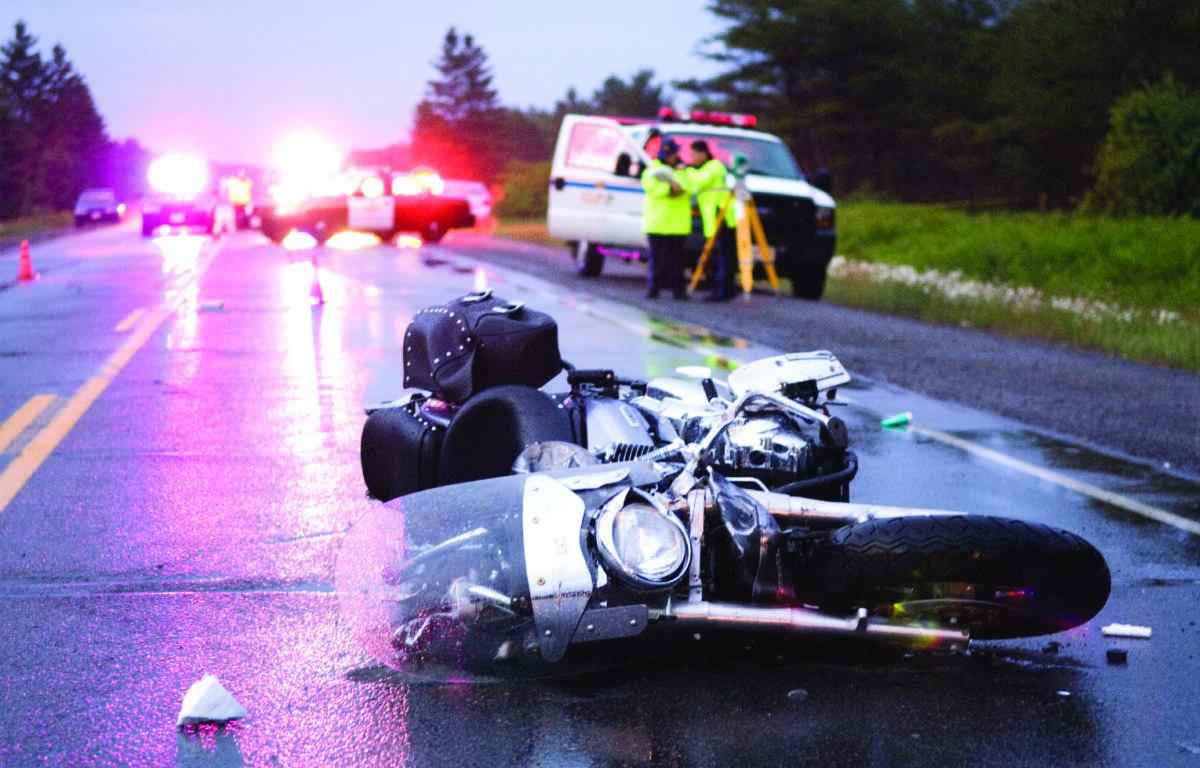URBANA, IL (Chambana Today) – Champaign County is grappling with a historic spike in traffic fatalities, and local planners are turning to the public for help. With 13 lives lost in traffic crashes during the first half of 2025 — the worst six-month period in over 20 years — the Champaign County Regional Planning Commission (RPC) is asking residents to share their concerns and ideas for making area roads safer.
The initiative is part of the federal Safe Streets for All (SS4A) grant program through the U.S. Department of Transportation. The RPC has launched a public engagement campaign that includes an interactive comments map and a short survey, available at: https://ccrpc.gitlab.io/ss4a-urban/.
“We’re seeing too many people injured or killed in crashes that are mostly preventable,” says Rita Morocoima-Black, Planning and Community Development Director at RPC. “We want to hear from residents—whether it’s identifying a dangerous intersection, a missing bike lane, or an area that’s hard to navigate for people with disabilities. Every piece of input helps us build a safer community.”
The goal: zero fatalities.
Morocoima-Black says the county currently lacks a clear pattern behind the recent fatalities, making resident feedback even more important. The data and community comments will be used to update the county’s Urban and Rural Safety Plans with modern insights and evidence-based recommendations.
The RPC received its SS4A grant in 2024 and is using it to align with USDOT’s Safe System Approach, which focuses on eliminating crashes that lead to death or serious injury. The RPC is analyzing new data, evaluating infrastructure needs, and working with residents to create a proactive traffic safety plan.
For those who prefer not to engage online, RPC staff welcome input by phone, email, mail, or in person. The survey and interactive map will remain open through the end of August. Residents can also meet RPC staff and share feedback at several public events in Champaign, Urbana, Savoy, Rantoul, Mahomet, and St. Joseph.
“It’s not just about roads and signs,” says Morocoima-Black. “It’s about people—and making sure everyone gets home safely, no matter how they travel.”


